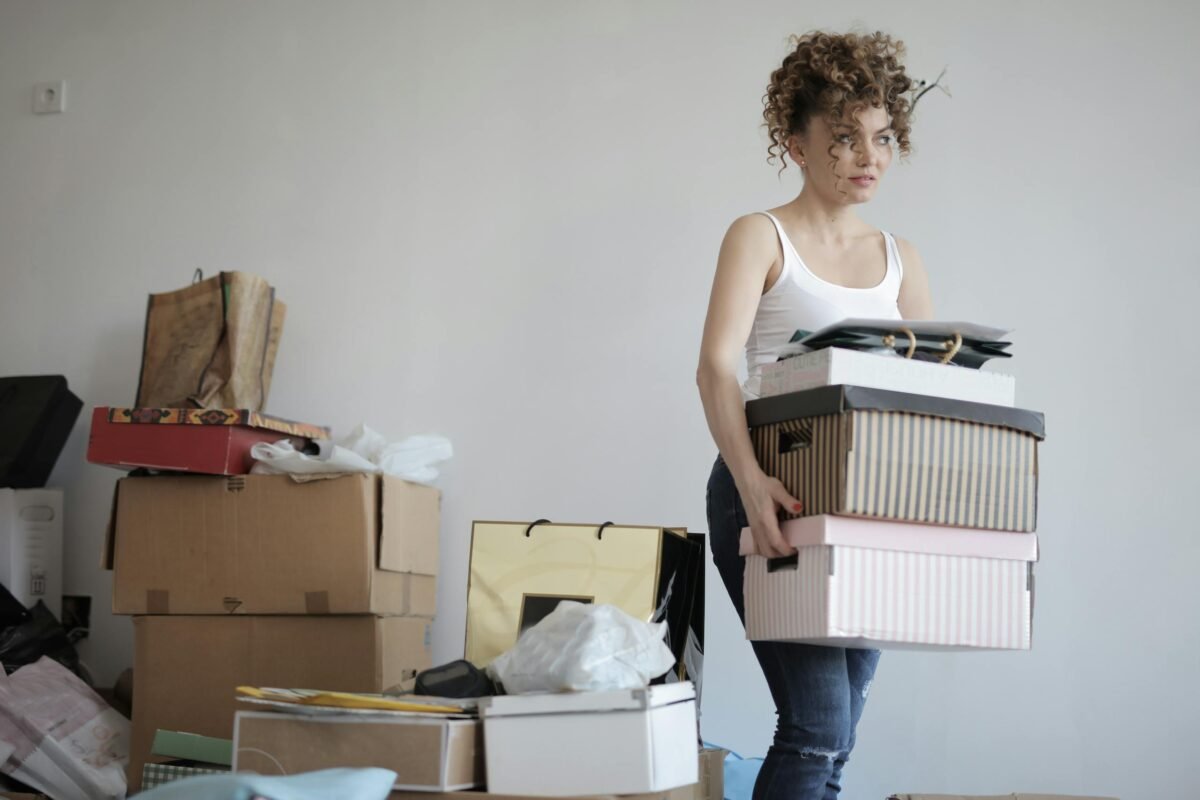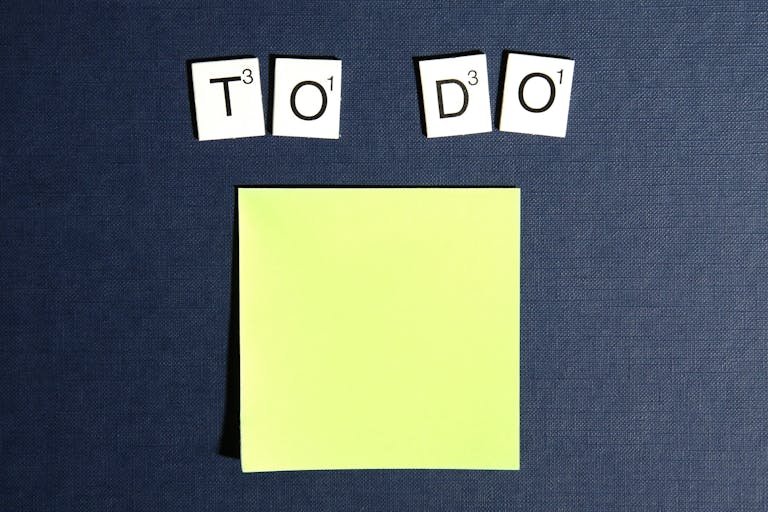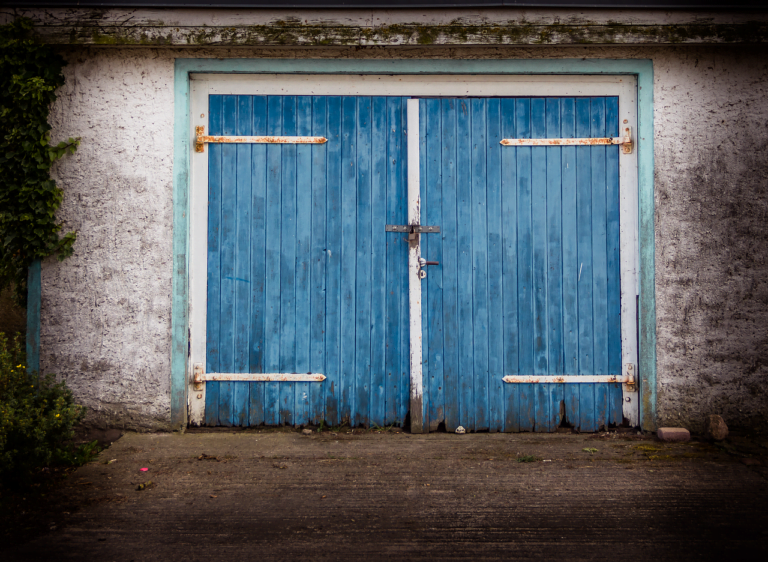The Psychology of Clutter: Why We Accumulate Things
In our consumer driven society, many of us find ourselves surrounded by an ever-growing mountain of possessions. But have you ever stopped to wonder why we accumulate so much stuff? The psychology behind clutter is a fascinating and complex topic that delves deep into human behavior, emotions, and societal influences. If we want to live more intentionally, it’s worth exploring the reasons behind our tendency to accumulate and the impact it has on our lives.
The Human Tendency to Accumulate
Humans have been collectors since prehistoric times. Initially, this behavior was crucial for our survival, as gathering resources ensured our ancestors could weather hard times. Today, while our basic needs are often met, the instinct to accumulate persists. When this primal urge is combined with modern consumerism, it creates a perfect storm for clutter.
Evolutionary Roots
Our ancestors’ survival depended on their ability to gather and store resources. This deeply ingrained behavior has been passed down through generations, manifesting in our modern tendency to accumulate possessions.
The Scarcity Mindset
Even in times of abundance, many people operate from a scarcity mindset. This fear-based thinking leads to hoarding behaviors and the inability to let go of items “just in case” they might be needed in the future.
Emotional Attachments to Objects
One of the primary reasons we accumulate things is the emotional value we assign to our possessions. Our stuff becomes intertwined with our memories, identities, and relationships.
Sentimental Value
Items that remind us of special moments, people, or achievements can be difficult to part with. These objects serve as tangible links to our past and can provide comfort and nostalgia.
Identity and Self-Expression
Our possessions often reflect who we are or who we aspire to be. Clothes, books, and collections can become extensions of our personalities, making it challenging to let go of these items even when they no longer serve a practical purpose. That explains your pile of “to be read” books. othewise known as the “I should read” books.
The Impact of Consumerism
Our modern society’s emphasis on consumption plays a significant role in our accumulation of stuff. Advertising, social pressure, and the ease of online shopping all contribute to our cluttered lives.
Retail Therapy
Many people turn to shopping as a way to cope with stress, boredom, or negative emotions. The temporary high of acquiring something new can be addictive, leading to unnecessary purchases and accumulation.
Keeping Up with the Joneses
Social comparison and the desire to maintain a certain lifestyle can drive us to acquire possessions we don’t need. The pressure to own the latest gadgets or fashion items can result in a constant influx of new things.
Cognitive Biases and Clutter
Several cognitive biases contribute to our tendency to accumulate and hold onto possessions:
The Endowment Effect
This psychological phenomenon causes us to value items more highly simply because we own them. It can make it difficult to part with possessions, even when they no longer serve a purpose.
Loss Aversion
Humans have a strong tendency to avoid losses, which can manifest as a reluctance to get rid of possessions. The potential regret of discarding something often outweighs the benefits of decluttering.
Sunk Cost Fallacy
When we’ve invested time, money, or emotion into acquiring something, it becomes harder to let go. This bias can lead us to hold onto items long past their usefulness.
The Role of Procrastination and Decision Fatigue
Clutter often accumulates due to our tendency to postpone decisions and actions related to organising and discarding items.
Decision Paralysis
The sheer volume of possessions can make the task of decluttering overwhelming. When faced with too many choices about what to keep or discard, we often choose to do nothing at all.
Mental Energy Depletion
Sorting through possessions and deciding what to keep requires mental energy. As we make more decisions, our ability to make good choices diminishes, leading to decision fatigue and a tendency to postpone decluttering efforts.
The Psychological Impact of Clutter
While accumulating possessions might seem harmless, the resulting clutter can have significant psychological effects:
Increased Stress and Anxiety
A cluttered environment can lead to feelings of overwhelm and loss of control. The constant visual reminders of unfinished tasks and disorganization can elevate stress levels.
Reduced Focus and Productivity
Physical clutter often translates to mental clutter. A disorganized space can make it difficult to concentrate and can negatively impact productivity.
Strained Relationships
Clutter can cause tension in relationships, especially when living with others who have different tolerance levels for disorganization.
Breaking the Cycle: Strategies for Decluttering
Understanding the psychology behind clutter is the first step in addressing the issue. Here are some strategies to help break the cycle of accumulation:
Mindful Consumption
Before making a purchase, pause and consider whether the item truly aligns with your values and needs. Practice waiting before buying to avoid impulse purchases.
Addressing Emotional Attachments
Work on separating memories and emotions from physical objects. You might want to consider taking photos of sentimental items or finding alternative ways to honor memories without keeping every physical reminder.
Developing New Habits
Intentionally create a habit or system for regularly assessing and decluttering your possessions. Many minimalists Implement a “one in, one out” rule that helps maintain balance in your belongings.
Seeking Support
If clutter is significantly impacting your life, it may be time to seek professional help. Therapists or professional organizers can provide valuable support and strategies for managing clutter.
Click here for a more detailed beginner’s guide to decluttering.
Conclusion: Towards a Clutter-Free Mind and Space
Understanding the psychology behind why we accumulate things is crucial in addressing clutter in our lives. By recognising the emotional, cognitive, and societal factors that contribute to our tendency to accumulate, we can develop more mindful approaches to our possessions and living spaces.
Decluttering is not just about creating a tidy space; it’s about freeing ourselves from the psychological burden of excess possessions. As we learn to let go of unnecessary items, we open up space not just in our homes, but in our minds and hearts as well.
The journey towards a clutter-free life is ongoing and personal. It requires self-reflection, patience, and sometimes, a shift in deeply ingrained habits and beliefs. But the rewards – reduced stress, increased clarity, and a greater sense of control over our lives – are well worth the effort.







